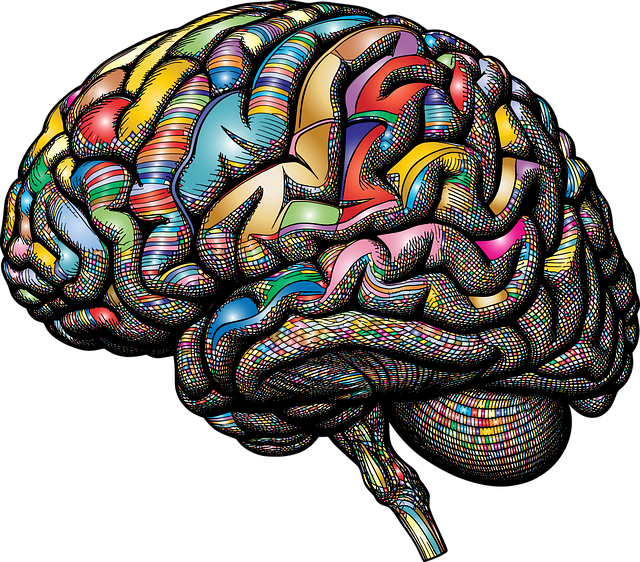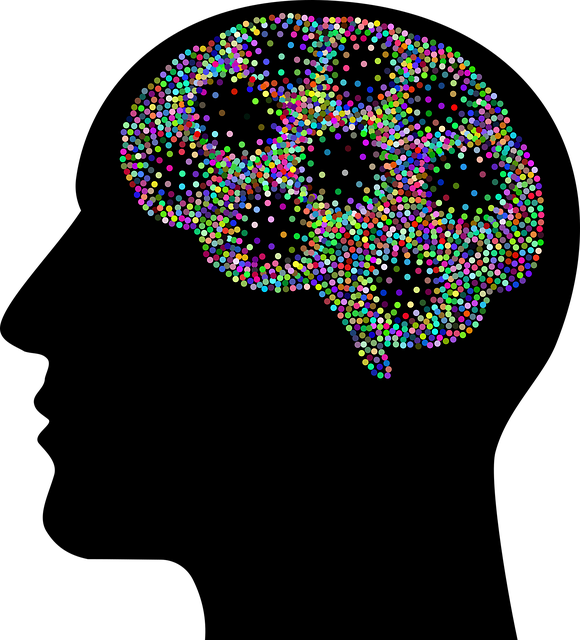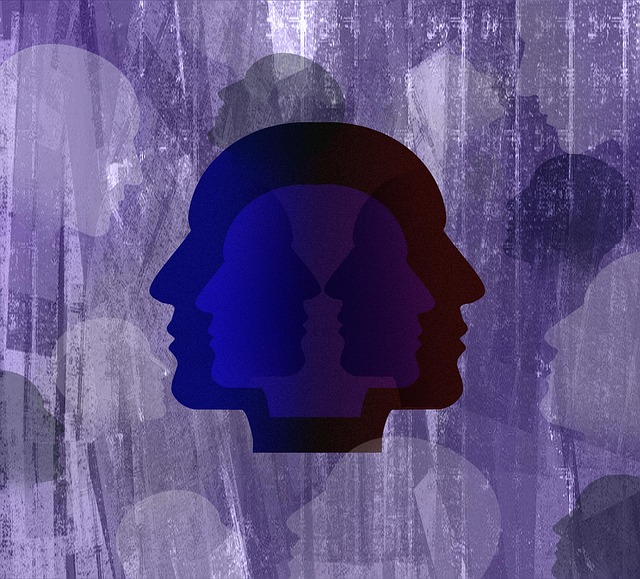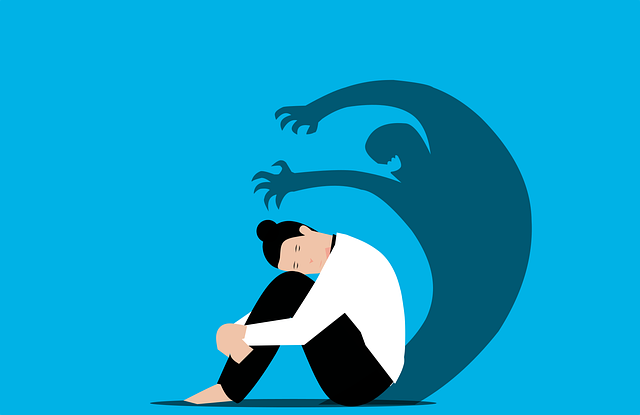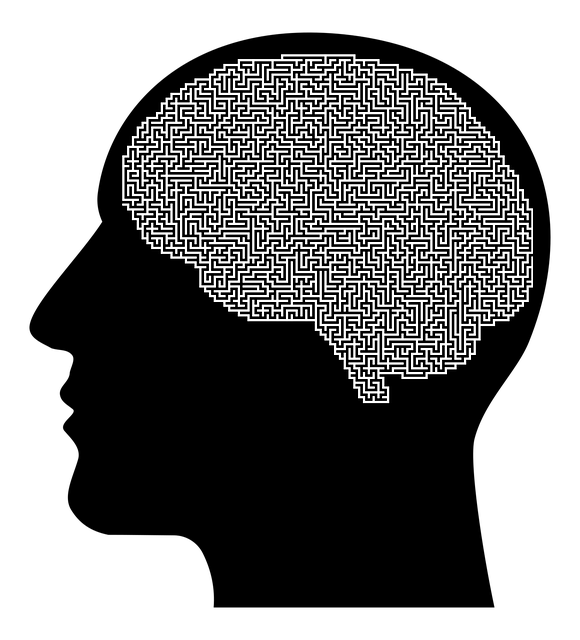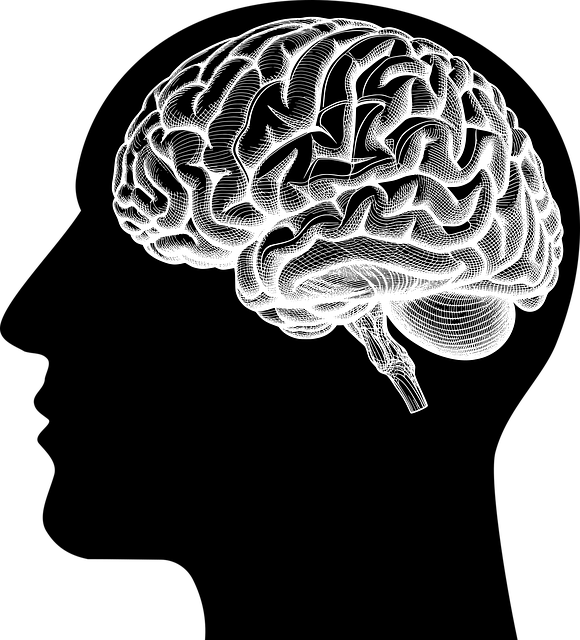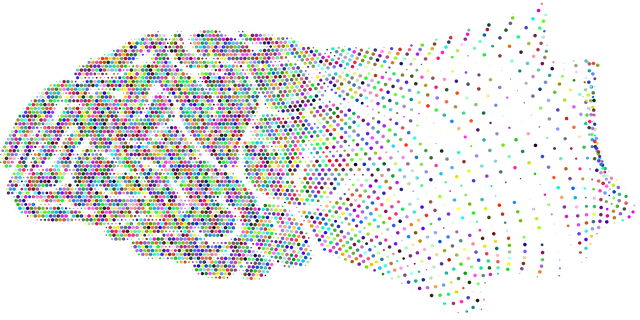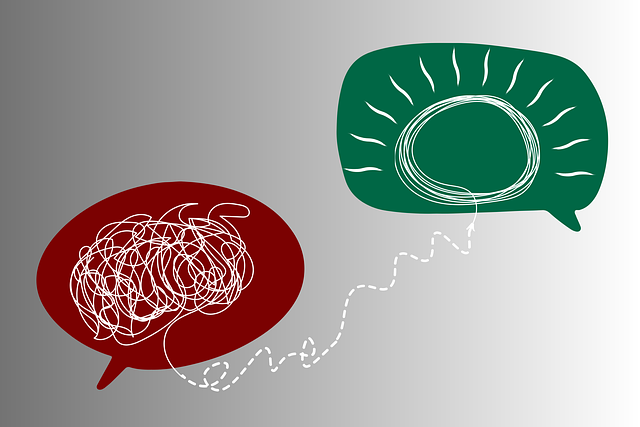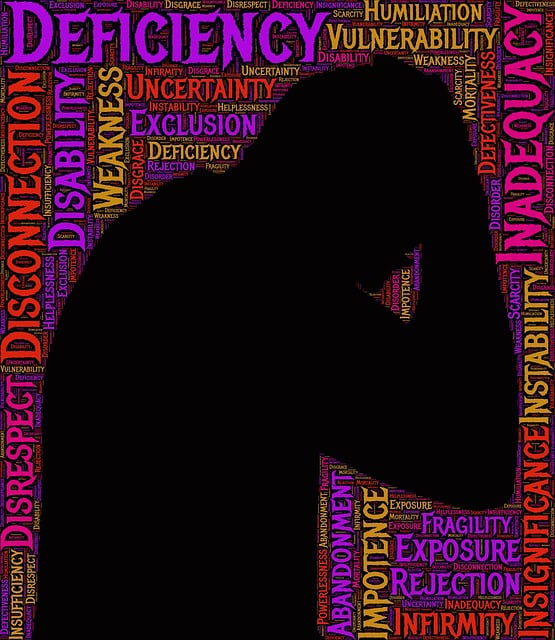Mental health crisis hotlines, staffed by trained professionals, provide immediate support and connect callers to services like Boulder Child Abuse Therapy. These hotlines prioritize cultural sensitivity and offer specialized care through evidence-based practices, ensuring tailored guidance for diverse populations facing crises, from depression to trauma. Accessing these resources is a crucial step towards healing, offering safe spaces, confidential support, and referrals for long-term solutions, including therapy and support groups.
In today’s fast-paced world, mental health crisis hotline support services play a pivotal role in empowering individuals during times of distress. This article explores the critical function of these hotlines, focusing on Boulder Child Abuse Therapy Services as a leading example. We’ll delve into understanding these resources, their impact on communities, and effective strategies for accessing their aid. By examining real-world applications, we aim to highlight how services like Boulder Child Abuse Therapy can navigate individuals toward recovery and well-being.
- Understanding Mental Health Crisis Hotlines
- The Role of Boulder Child Abuse Therapy Services
- Accessing and Utilizing These Support Networks Effectively
Understanding Mental Health Crisis Hotlines

Mental Health Crisis Hotlines are vital resources designed to offer immediate support and guidance during intense emotional or psychological distress. They serve as a safe space for individuals experiencing a wide range of mental health challenges, from severe depression and anxiety to suicidal ideation. These hotlines are typically staffed by trained professionals who possess the skills to assess situations, provide crisis intervention, and connect callers with appropriate resources such as Boulder Child Abuse Therapy services.
Cultural Sensitivity in Mental Healthcare Practice plays a crucial role in hotline operations. Trainings focused on empathy building strategies ensure that staff members can offer tailored support while respecting diverse cultural backgrounds and beliefs. Additionally, these hotlines often cater to specific populations by providing specialized care, reflecting the need for inclusive mental health services. Moreover, organizing Stress Management Workshops within these platforms can empower individuals with coping mechanisms, enhancing their ability to navigate future crises effectively.
The Role of Boulder Child Abuse Therapy Services

Boulder Child Abuse Therapy Services plays a pivotal role in addressing and mitigating mental health crises within the community, particularly focusing on young individuals who have experienced abuse or trauma. This specialized service is equipped to handle complex emotional and psychological issues that often stem from adverse childhood experiences (ACEs). By employing evidence-based practices, therapists at Boulder Child Abuse Therapy are trained to provide tailored support, aiming to enhance resilience and foster healthy coping mechanisms in children and adolescents.
The healthcare provider offers a safe and non-judgmental space for clients to explore their emotions, process trauma, and develop effective strategies for stress reduction. Incorporating Mind Over Matter principles, the therapy sessions empower young people to take control of their mental well-being. Additionally, Boulder Child Abuse Therapy Services emphasizes cultural competency training among its staff, ensuring that diverse populations receive sensitive and culturally responsive care. This holistic approach not only addresses immediate crisis situations but also equips individuals with lifelong skills to navigate life’s challenges, ultimately contributing to improved mental health outcomes.
Accessing and Utilizing These Support Networks Effectively

Accessing support networks like mental health crisis hotlines is a crucial step towards healing and well-being. In times of distress, reaching out can be empowering, offering immediate assistance and a safe space to express emotions freely. These hotlines, often available 24/7, are designed to provide confidential and non-judgmental support, catering to various needs, including trauma recovery, stress management, and social skills development—essential components of Boulder Child Abuse Therapy.
Effective utilization involves being open about one’s feelings and circumstances, allowing trained professionals to offer tailored guidance. Whether it’s a child in need of protection or an adult struggling with mental health, clear communication is key. Hotline services can connect individuals to local resources, provide immediate relief, and guide them towards long-term solutions, including referrals for specialized therapy and support groups.
Mental health crisis hotline support services, such as those offered by Boulder Child Abuse Therapy, play a vital role in providing immediate assistance during emergencies. By understanding their functionality and effectively accessing these networks, individuals in distress can receive the much-needed help promptly. Boulder Child Abuse Therapy’s dedicated team ensures that no crisis goes unnoticed or unaddressed, offering a lifeline to those facing mental health challenges. Remember that seeking support is a sign of strength, and these services are designed to foster healing and recovery.
